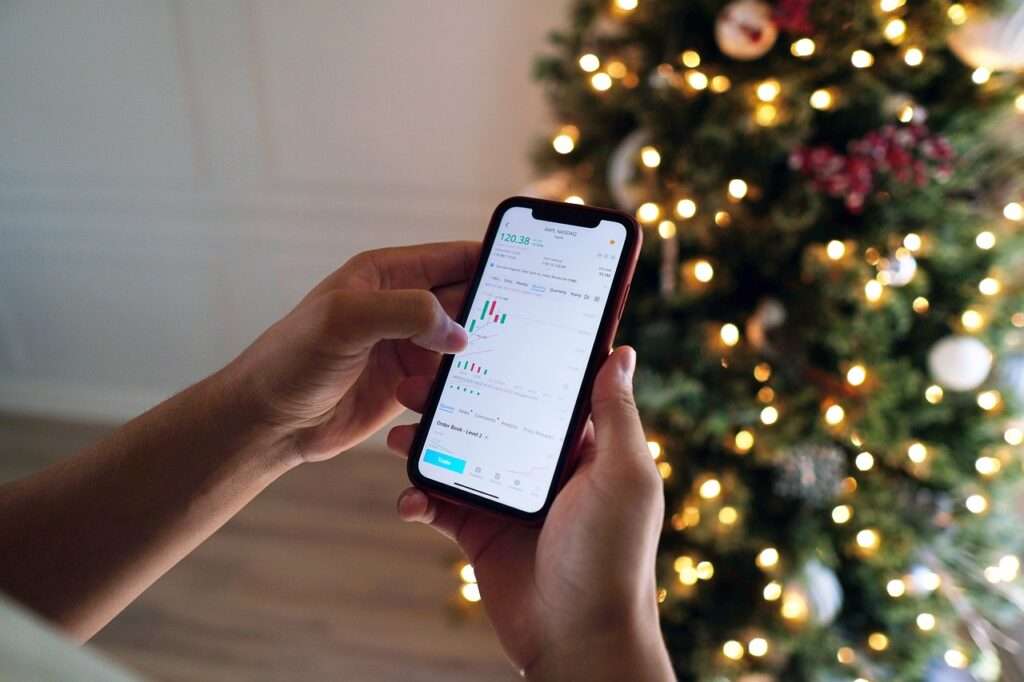Let’s face it: no one really wants to talk about their weaknesses. It’s like being asked to admit you eat cereal for dinner sometimes—it’s personal, humbling, and a little awkward. On the other hand, bragging about your strengths can feel like walking the fine line between confidence and cockiness. So how do you nail this tricky interview question? Let’s break it down.

Why Do They Ask About Strengths and Weaknesses?
Before we get into the “how,” let’s talk about the “why.” Employers aren’t trying to humiliate you (we hope). This question serves a purpose:
- Strengths reveal what you bring to the table. What makes you special? What value can you add?
- Weaknesses show self-awareness and growth potential. They want to know you’re not perfect (spoiler: no one is) but that you’re working on it.
Think of it as an opportunity to show off your best side and your human side.
Talking About Strengths (Without Sounding Like a Walking Resume)
When discussing your strengths, it’s easy to fall into buzzword territory. You know the type: “I’m a highly motivated, detail-oriented team player who thinks outside the box.” Yawn. Instead, focus on specific examples that illustrate your strengths in action.
Step 1: Know Your Strengths
Start by identifying 2-3 of your top strengths. These could be skills like leadership, communication, or problem-solving—or personal traits like resilience, creativity, or adaptability. Bonus points if they match the job description.

Step 2: Back It Up
For every strength you claim, tell a story. Use the STAR method (Situation, Task, Action, Result) to structure your response. Let’s say you’re great at time management. Here’s how you might explain it:
- Situation: “In my last role, I managed five simultaneous client projects, all with tight deadlines.”
- Task: “It was my job to ensure each project stayed on track while maintaining quality.”
- Action: “I created a detailed schedule, prioritized tasks, and used project management software to stay organized.”
- Result: “Not only did I meet all deadlines, but I also increased client satisfaction scores by 15%.”
Avoid Humblebragging
Saying, “My greatest strength is that I care too much about my work” is like saying, “My biggest flaw is being too perfect.” Just don’t.
Add a Dash of Humor
If appropriate, you can lighten the mood. For example:
“I’d say one of my strengths is problem-solving. I once fixed a printer jam that everyone else in the office had given up on. But seriously, I love tackling challenges and finding solutions, whether it’s a stubborn printer or a complex project.”
Talking About Weaknesses (Without Digging Your Own Grave)

Ah, the dreaded weaknesses question. You don’t want to say something too damaging (like, “I procrastinate until the last minute”) or too fake (“I’m a perfectionist!”). The key is to pick a real weakness that won’t ruin your chances and explain how you’re working on it.
Step 1: Choose a “Safe” Weakness
Look for weaknesses that are honest but fixable. Here are some examples:
- Struggling with public speaking
- Being overly detail-oriented
- Delegating tasks because you prefer to do everything yourself
Pro tip: Avoid anything that’s a core requirement for the job. If you’re applying to be a chef, don’t say your weakness is “forgetting to taste the food.”
Step 2: Explain What You’re Doing About It
Once you’ve identified your weakness, show that you’re actively working to improve. This turns your vulnerability into a strength. For example:
- Weakness: “I’ve always found public speaking intimidating.”
- Action: “To overcome this, I joined a local Toastmasters group where I practice speaking in front of an audience. It’s helped me build confidence and develop strategies to organize my thoughts clearly.”
- Result: “I’m not at TED Talk level yet, but I’ve recently led team meetings and even received positive feedback on my presentations.”
Avoid These Rookie Mistakes
- Don’t overshare: “I’m terrible with deadlines, and my desk is a war zone of chaos” is TMI.
- Don’t lie: Saying, “I have no weaknesses” makes you sound like a robot—or worse, delusional.
- Don’t focus solely on the negative: Always end on a positive note about your improvement.
Humor Can Save the Day
A little humor can make your answer memorable:
“One weakness I’m working on is my tendency to take on too much. My family jokes that I think I have more hours in the day than everyone else. I’ve started using time-blocking techniques to manage my workload more realistically.”
Putting It All Together: Sample Answers
Strengths Example:
“One of my greatest strengths is adaptability. In my previous role, my team faced unexpected changes in client requirements mid-project. I quickly reassessed our priorities, adjusted timelines, and coordinated with stakeholders to implement the changes seamlessly. This flexibility helped us deliver the project successfully and even earned client praise for our responsiveness.”
Weakness Example:
“A weakness I’ve been working on is my hesitation to delegate tasks. I used to think I could do everything myself, but I realized that collaboration makes the team stronger. I’ve started using project management tools to assign tasks and regularly check in with my teammates. This approach has not only lightened my workload but also improved team morale.”
Practice Makes Perfect
Don’t wing it. Practice answering these questions out loud until you’re comfortable. If you stumble during the interview, take a breath and keep going. Confidence is key.
Why This Question Matters
This isn’t just a filler question—it’s a way for employers to gauge your self-awareness, honesty, and communication skills. Being prepared shows you’ve thought about your personal growth and how it aligns with their needs.
The Takeaway
Talking about your strengths and weaknesses doesn’t have to be awkward or intimidating. Be honest, be specific, and be human. Share your strengths with pride and your weaknesses with humility and a plan for improvement. And if all else fails, remember: the interviewer is human too. A little humor and authenticity go a long way. Good luck!



